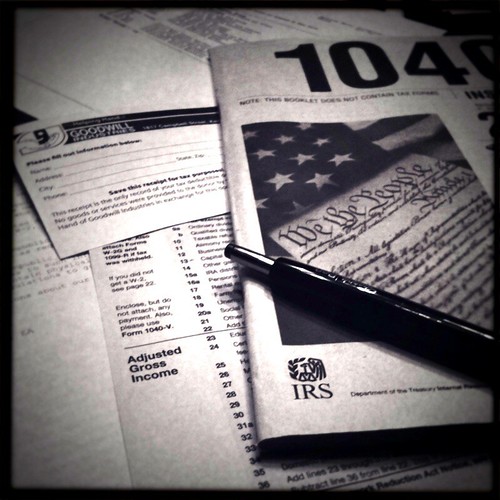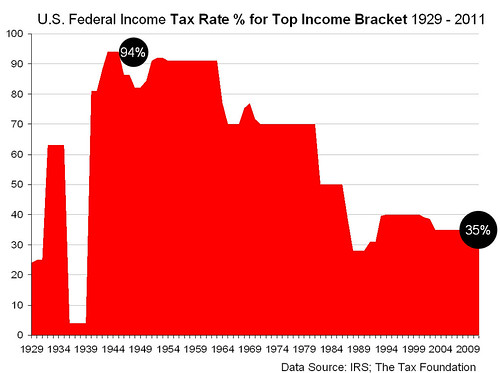Are
you wondering whether you are required to file tax form 1099 this year? No
worries at all because there are a number of good sources that can help you in
getting complete details of the filing procedure of form 1099. The information
available on these sources can help you in determining whether it is relevant
to the business that you operate.
What is Form 1099?
Form
1099 is generally called 1099 and the most commonly used form in this category
is form 1099-MISC. this is basically a common tax form which the IRS uses or
tracking miscellaneous income. The small business owners make the effective use
of this form for tracking and reporting the payments that they make to the
independent contractors.
What is Independent Contractors?
Independent
contractors are individuals hired on contract basis for completing a particular
assignment or project. The services of web developers, graphic designers,
social media consultants and copywriters fall in the category of independent
contractors.
Do You Have the Obligation of
Filing Tax Form 1099 this Year?
As
a business entity, it is your responsibility to issue form 1099 to every
individual that you hire in the form of independent contractor and pay a
compensation of $600. This payment can also be made in the form of awards,
prizes, services, rents and other miscellaneous income payments within a
specific tax year. The 1099 forms are generally issued to all unincorporated
and individual businesses like limited liability companies, estates, limited
partnerships and partnerships. These forms are only issued for the business
payments made during a year. These are payments that a business makes in the
course of its trade to an individual who does not work in the form of an actual
employee. This also covers unincorporated businesses. Thus, if you are a
businessman and if you have paid $600 or more to an independent contractorduring a particular tax year, you will have to make arrangements for form
1099-MISC. this will help you in telling the IRS about the amount you paid to
the independent contractor. However, there are some exceptions to this
particular rule.
1099s Do Not Need to be Filed for
Corporations
One
of the most general and the most important rules that need to be kept in mind while
filing 1099s is that these forms do not need to be sent to corporations. In
case a company or an individual that a business hires is identified as a
corporation, the business does not need to take the tension of filing form
1099. Though it is very rare, independent contractors might sometimes operate
in the form of incorporated businesses. In case, businesses work with
incorporated independent contractors, they do not need to submit form 1099.








